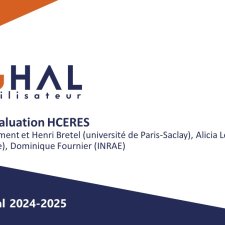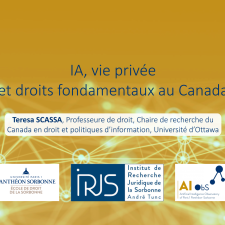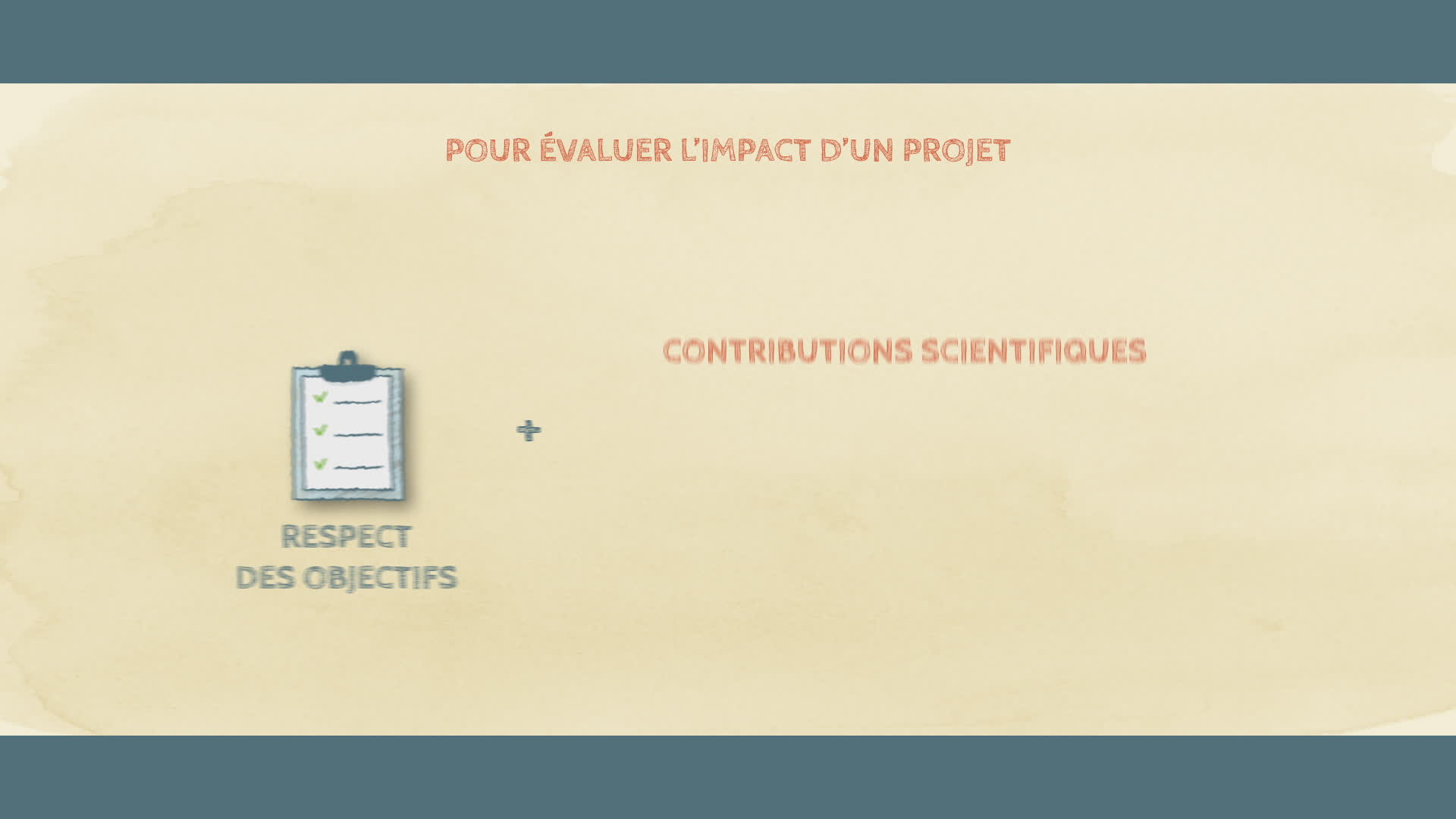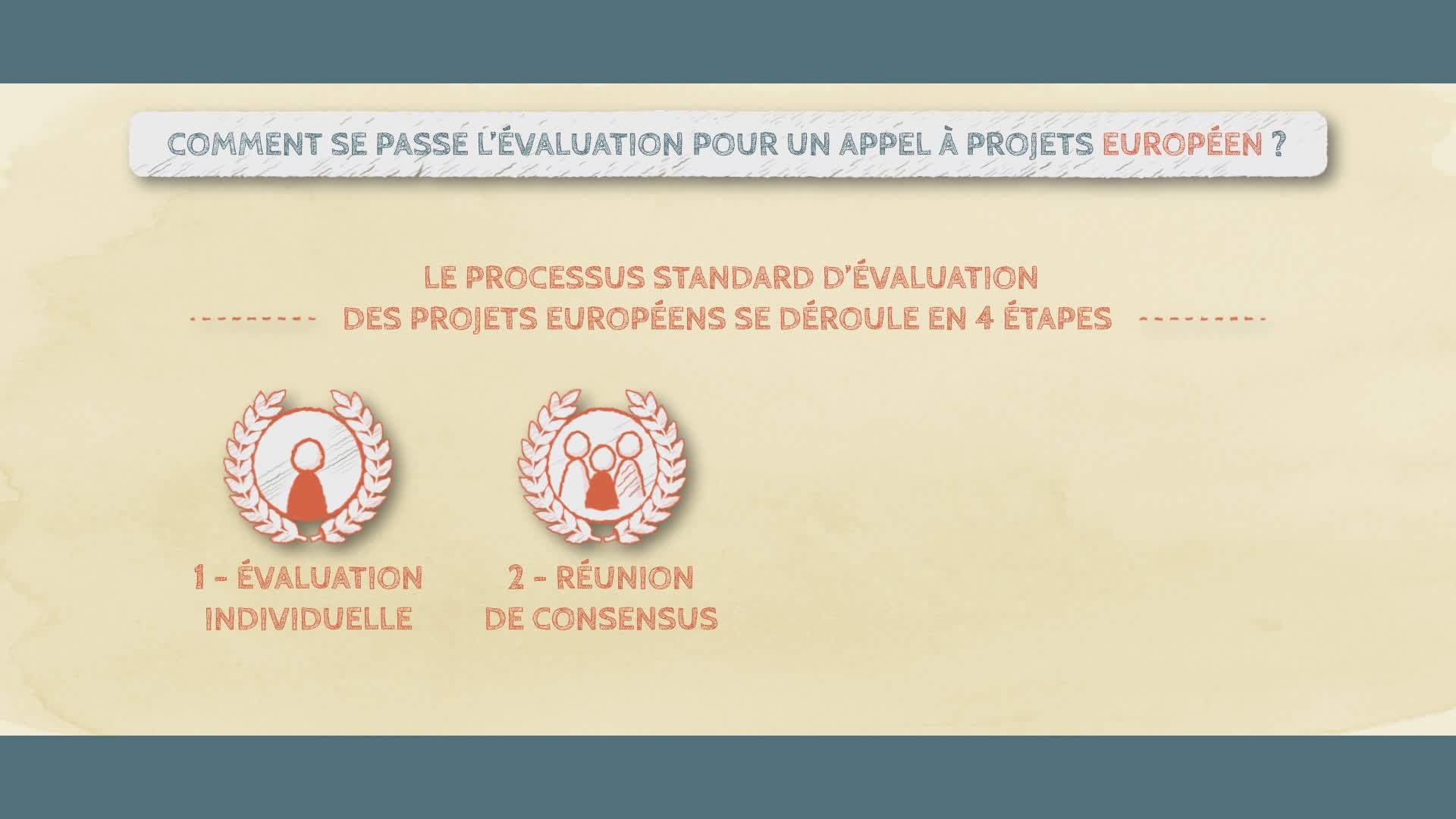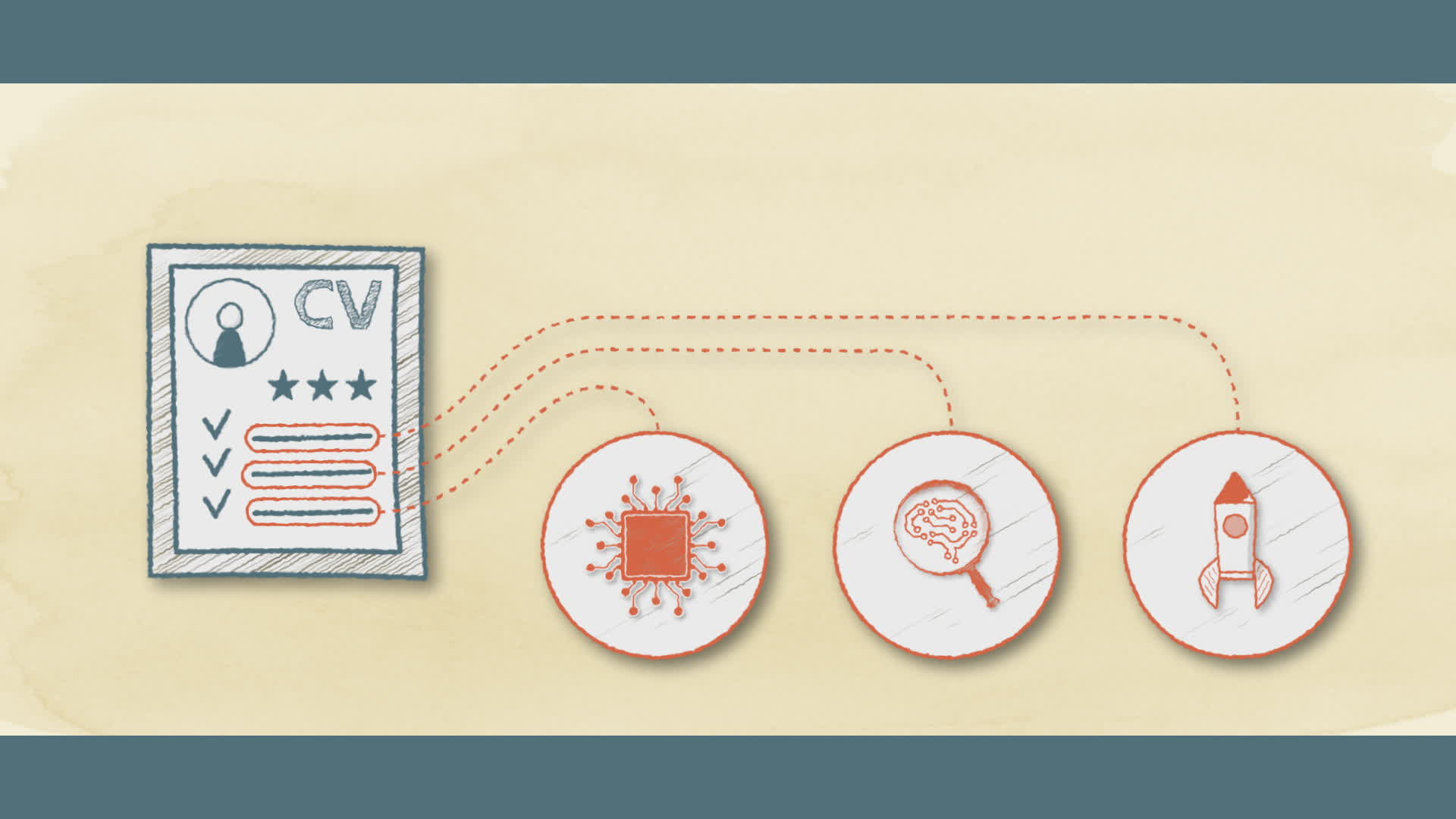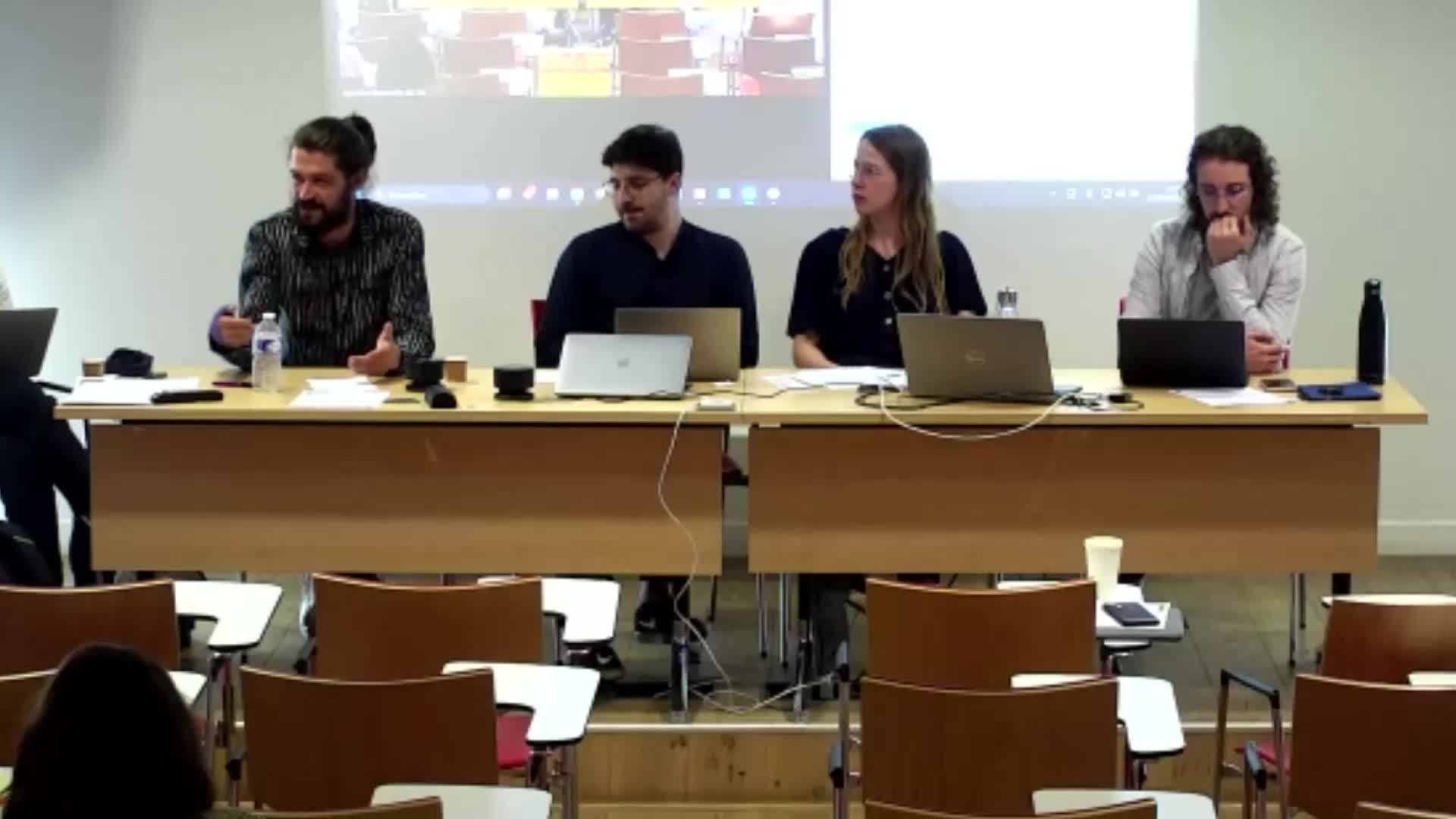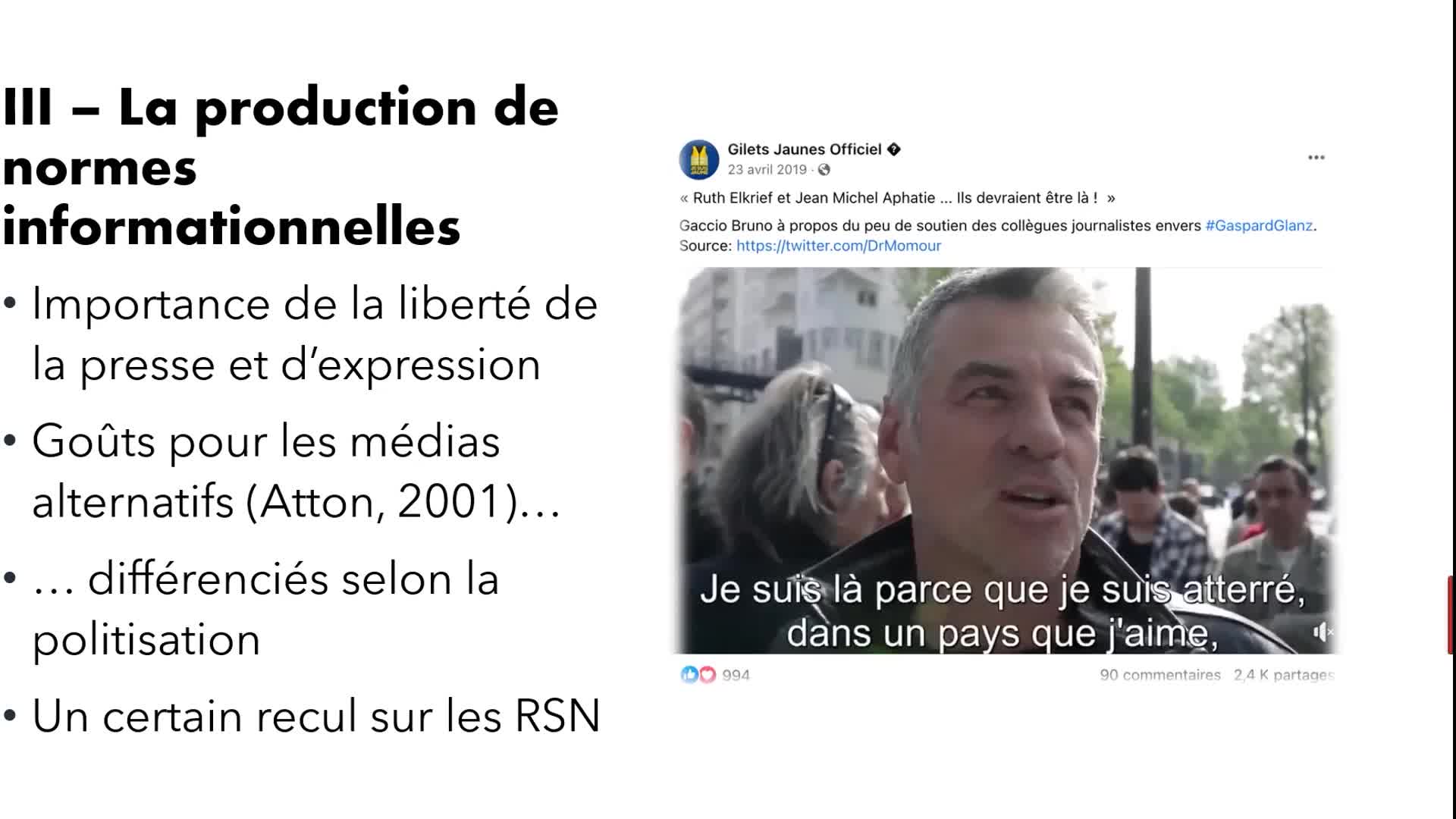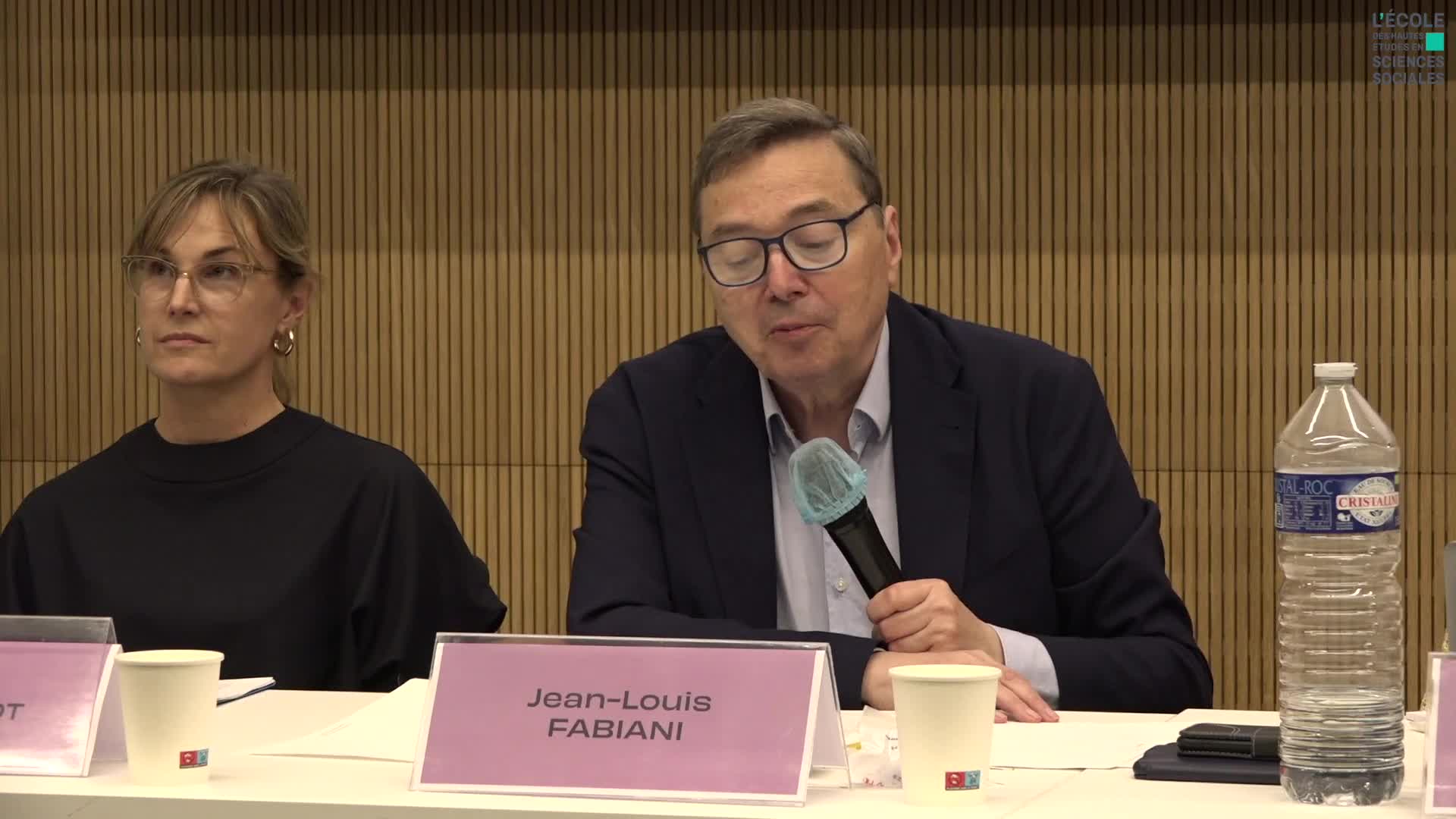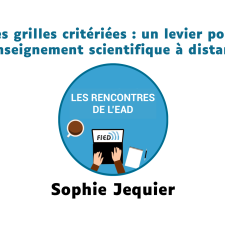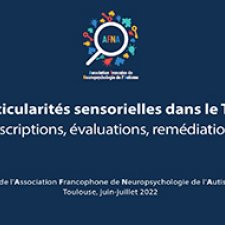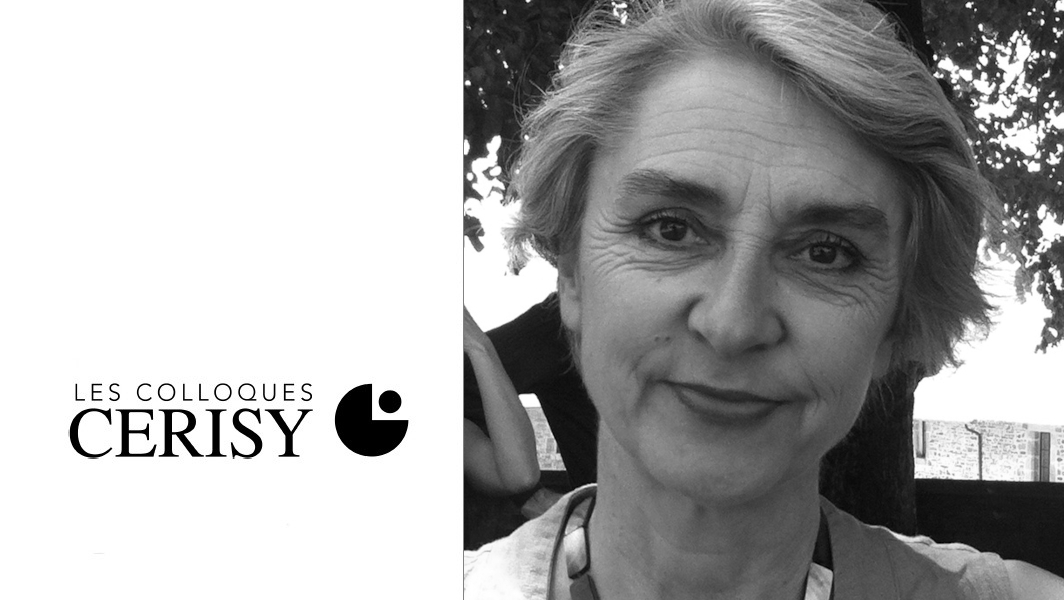Notice
Collaborative Filtering: The Wisdom of the Internet
- document 1 document 2 document 3
- niveau 1 niveau 2 niveau 3
Descriptif
La sagesse collective : principes et mécanismes
Colloque des 22-23 mai 2008, organisé par l'Institut du Monde Contemporain du Collège de France, sous la direction du Professeur Jon Elster.
Intervention de Gloria Origgi.
“Internet not only provides the hugest information storage ever, but also the most sophisticated system of information retrieval people have dealt with in the history of culture. Information is evaluated and filtered before reaching its final destination. On Internet, people access content via the evaluations that other people have already left on that content. From search engines to reputational systems such as eBay, Internet is developing as a giant ranking system in which people's advices and preferences leave tracks that orients other people's advices and preferences: in many cases evaluation precedes or even replaces information: all that people look at on the Internet is tracks of opinions of others that will modify their judgement on a subject matter. In this paper, I provide an epistemological analysis of how the various techniques of collaborative evaluation work in Internet, to what extent are they reliable cues of quality and how the collective wisdom produced by the interaction of human preferences and search algorithms is achieved.
I will also try to argue that accessing evaluations and rankings is becoming a primary epistemological aim in knowledge search: I'll conclude by presenting a sketch of a “second-order” epistemology in which evaluative and ranking measures become the core ingredient in the extraction of information from a corpus of knowledge”.
Intervention
Thème
Documentation
Liens
Discussant : Scott Page
Télécharger la présentation powerpointFichier .ppt (4
Sur le même thème
-
Préparer l'évaluation Hcéres
LUSTREMENT Amandine
BRETEL Henri
LEóN Y BARELLA Alicia
FOURNIER Dominique
Retrouvez, dans ce webinaire, le retour d'expérience des Universités Paris-Saclay, Lille et de l'INRAE suite à leur dernière campagne d'évaluation Hcéres.
-
(4/5) IA, Vie privée et droits fondamentaux au Canada
SCASSA Teresa
ZOLYNSKI Célia
Cette conférence a été recueillie dans le cadre de la journée “Intelligence Artificielle et droits fondamentaux : regards transatlantiques” organisée le 21 avril 2023 par l'Observatoire de l
-
3-1 - Respecter les critères d’évaluation
Cette vidéo aborde la question des critères d’évaluation des projets de recherche dans Horizon Europe et y explique en détaille les trois critères principaux qui y sont évalués, c’est-à-dire l
-
4-2 - Connaitre l’évaluation du projet : une étape cruciale
Cette vidéo, explore l'évaluation des projets, qu'ils soient nationaux ou européens, et qui est effectuée par des experts indépendants selon des critères stricts.
-
4-3 - Devenir experts évaluateurs
Cette vidéo explique le processus et le rôle d’un expert évaluateur pour la Commission Européenne. C’est une opportunité d'approfondir sa compréhension des projets européens et de développer son
-
Participation et citoyenneté en régime numérique : vers de nouvelles dynamiques de recherche ? Vidé…
BOUTé Édouard
MABI Clément
LUPOVICI Raphaël
MICHEL Louise
DILé-TOUSTOU Jules
AUBERT Romain
Mobilisées en politique depuis plusieurs décennies (Vedel, 2006), les technologies de l’information et de la communication numérique (TICN), et notamment internet et le web connaissent au tournant des
-
Participation et citoyenneté en régime numérique : vers de nouvelles dynamiques de recherche ? Vide…
BOUTé Édouard
DESPONTIN LEFèVRE Irène
MABI Clément
LUPOVICI Raphaël
MICHEL Louise
Mobilisées en politique depuis plusieurs décennies (Vedel, 2006), les technologies de l’information et de la communication numérique (TICN), et notamment internet et le web connaissent au tournant des
-
Autorité et autonomie des sciences sociales : construire une communauté de pairs 4/1
KARSENTI Bruno
SABBAGH Daniel
MARZOUKI Nadia
FABIANI Jean-Louis
FRIEDLANDER Judith
TERZI Cédric
ORLéAN André
Si les connaissances produites par les sciences sociales peuvent jouir d’autorité dans l’opinion, c’est qu’elles se soumettent à des règles méthodologiques, à des modes d’administration de la preuve
-
Les grilles critériées: un levier pour l’enseignement scientifique à distance
JéQUIER Sophie
Sophie Jequier, Unisciel.
-
Processus prédictifs et perception particulière dans l'autisme / Christina Schmitz
SCHMITZ Christina
Les particularités sensorielles qui accompagnent le Trouble du Spectre de l’Autisme (TSA) ont des répercussions importantes sur l’adaptation des personnes avec TSA, enfants et adultes, aux
-
Évaluation des signes sensori‐psychomoteurs dans l'autisme : différentiation et évolution des profi…
LE MENN-TRIPI Cindy
Les particularités sensorielles qui accompagnent le Trouble du Spectre de l’Autisme (TSA) ont des répercussions importantes sur l’adaptation des personnes avec TSA, enfants et adultes, aux
-
Valeur et valeurs de la critique
Cette conférence s’inscrit dans le cadre du programme de recherche émergent RIN (2019-2022), « Des critiques : frontières et dialogues des discours critiques et des champs disciplinaires (cinéma,



